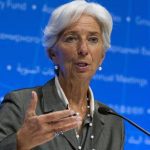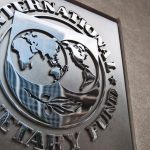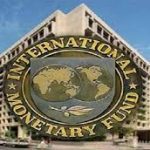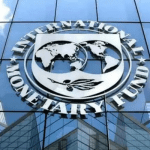Cameroon and the International Monetary Fund are considering a two-year aid programme for the Central African country to deliver sustained and inclusive economic growth.
Leaders of the Central African bloc (CEMAC) agreed in December to engage with the IMF to find ways to overcome macroeconomic instability caused in part by lower global commodity prices, the IMF said in a statement.
Cameroon, which produces oil, cocoa and coffee and is the largest economy in the region, has weathered the problems better than others and its medium term outlook is positive due to a relatively diversified economy and infrastructure projects.
“The sharp decline in commodity prices, along with security threats in the Lake Chad basin and, until recently, civil unrest in the neighbouring Central African Republic, have negatively impacted Cameroon’s external and fiscal balances,” the IMF said after a two-week mission led by Corinne Delechat.
“While the Cameroonian economy has weathered these shocks thus far, with economic growth remaining relatively robust, public debt has risen rapidly and external and fiscal buffers have declined significantly,” it said, adding that talks would continue in the coming days.
The IMF held talks in February on starting an aid programme with Gabon, another oil-exporting country in CEMAC.












